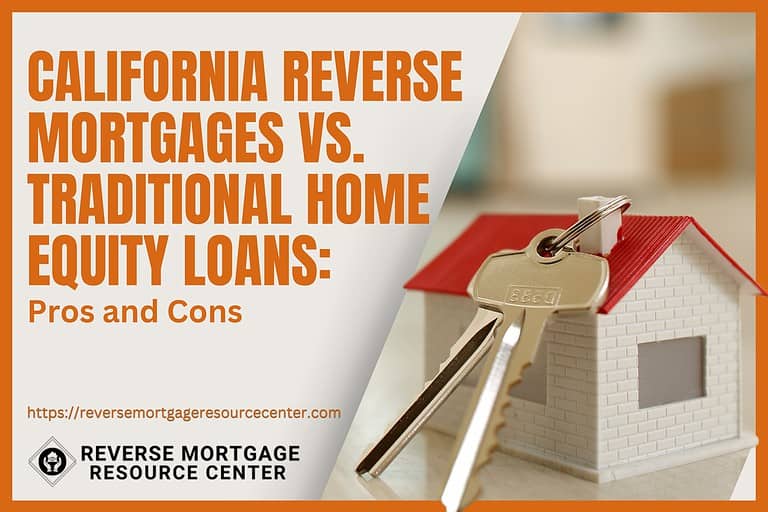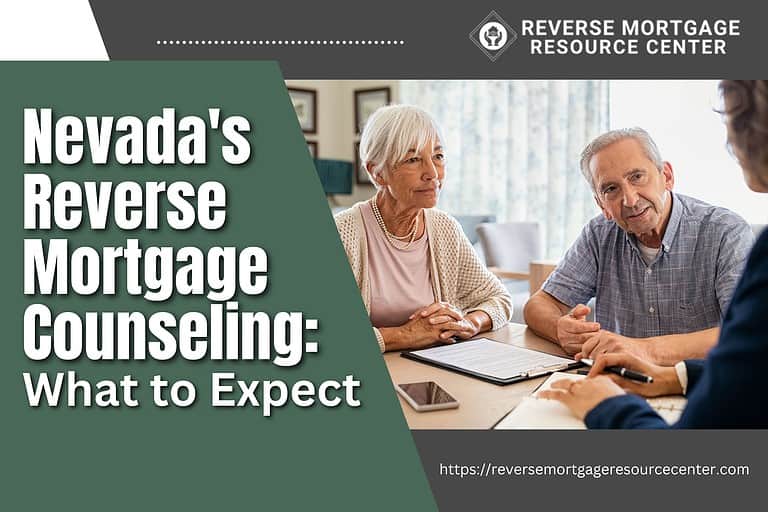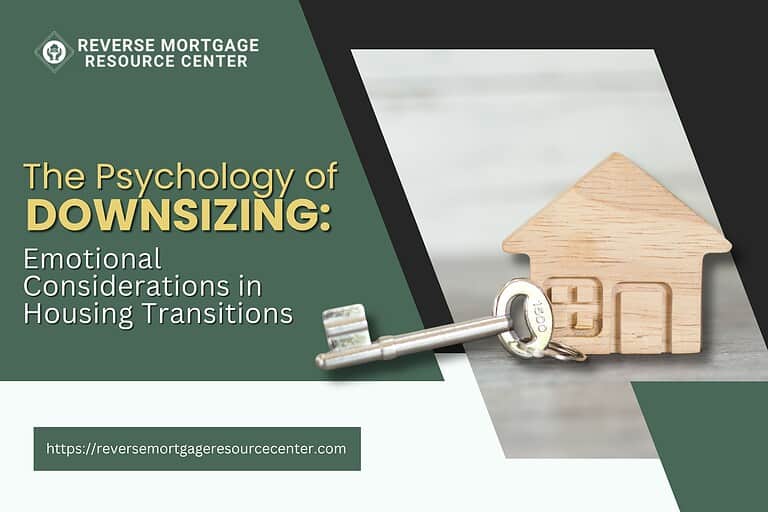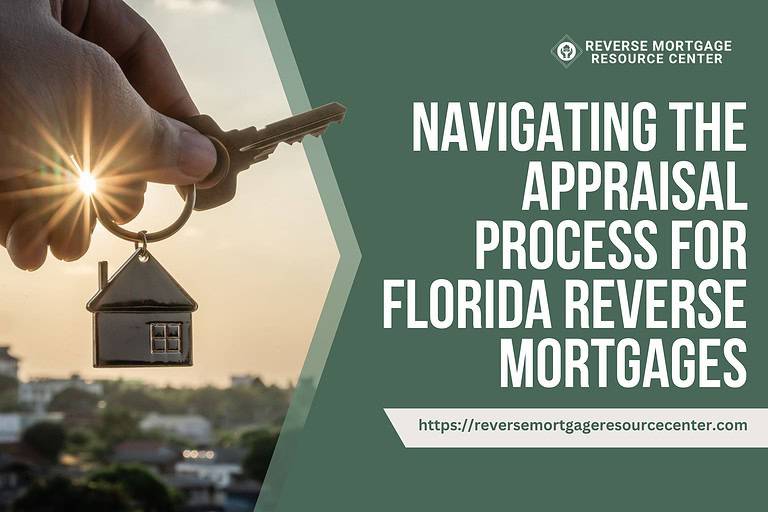Nevada Real Estate Trends and Reverse Mortgage Considerations
The Nevada real estate market has long piqued people’s interest and curiosity. Nevada has drawn people and investors worldwide due to its gorgeous desert vistas, dynamic towns, and world-class entertainment opportunities. This post will look at the current developments in the Nevada real estate market and the factors to consider regarding a reverse mortgage in the Silver State.
Overview of the Nevada Real Estate Market
Booming Urban Centers
Nevada has two main metropolitan areas that have fueled the real estate market: Las Vegas and Reno. Las Vegas has long drawn residents and tourists with its famed Strip and thriving entertainment scene. On the other hand, Reno, known as the “Biggest Little City in the World,” has witnessed a rise in technology companies setting up shop in the area, contributing to the city’s expansion and housing demand.
Both Las Vegas and Reno have seen tremendous population growth in recent years, resulting in increased housing demand. As a result, property values have risen, and the real estate market has become more competitive, making it an attractive environment for property investors.
Rising Home Prices
The consistent rise in property prices is one of the most noticeable trends in the Nevada real estate market. Property values have risen due to strong demand, limited housing inventory, and the appeal of living in Nevada. This is especially noticeable in desirable neighborhoods and premium residences.
According to the most recent Nevada Association of Realtors data, the median home price in Nevada increased by roughly 15% in the last year. While this growth may cause potential homebuyers to be concerned about affordability, it creates an opportunity for property owners wishing to sell or leverage their value through other means, including reverse mortgages.
Reverse Mortgages: An Overview
Before going into the Nevada-specific factors, let’s define a reverse mortgage. A reverse mortgage is a type of financial arrangement that is available to homeowners who are 62 or older. A reverse mortgage, as opposed to a regular mortgage, allows homeowners to receive loan proceeds from the lender, essentially transforming part of their home equity into readily accessible funds.
Here’s a quick rundown of how a reverse mortgage works:
Eligibility: To be eligible for a reverse mortgage, you must be at least 62 years old and have significant equity in your house.
Types of Reverse Mortgages: Reverse mortgages are classified into three types: Home Equity Conversion Mortgages (HECMs), proprietary reverse mortgages, and single-purpose reverse mortgages. The Federal Housing Administration (FHA) insures HECMs, which are the most frequently used.
Loan Disbursement: Rather than paying monthly mortgage payments, the lender provides money to the homeowner. These funds can be made as a one-time lump sum, monthly installments, a line of credit, or a mix of the three.
Repayment: The loan does not have to be repaid until the homeowner moves out, sells the home, or passes away. The loan is normally repaid from the sale of the home at that point, with any remaining equity going to the homeowner or their heirs.
Now that we’ve covered the fundamentals of reverse mortgages, let’s look at the unique factors for Nevada residents.
Nevada-Specific Considerations for Reverse Mortgages
Home Values in Nevada
As previously stated, Nevada’s real estate market has seen constant increases in property values. This is an important consideration for prospective reverse mortgage borrowers because the appraised value of your house primarily determines the amount you can borrow. Due to higher property values in Nevada, qualifying borrowers may be able to access a bigger pool of home equity through a reverse mortgage.
Age and Eligibility
Homeowners in Nevada must be at least 62 years old to qualify for a reverse mortgage. This criterion is consistent with federal reverse mortgage guidelines. However, examining your unique circumstances and needs is critical when deciding when to investigate a reverse mortgage. Some homeowners may find it advantageous to delay accessing more of their home equity until they are older.
Tax Implications
One of the major benefits of a reverse mortgage is that the proceeds are often treated as loan advances rather than taxable income. This means that the proceeds from a reverse mortgage should not affect your income tax liability. However, it’s always a good idea to talk to a tax specialist or financial counselor about the tax implications of a reverse mortgage in your financial circumstances.
Financial Counseling
Before applying for a reverse mortgage in Nevada, homeowners must go through counseling with a HUD-approved housing counseling organization. This counseling session is intended to ensure that borrowers completely comprehend the terms and requirements of a reverse mortgage. It’s an important phase since it allows homeowners to make more educated decisions regarding their financial future.
Is a Reverse Mortgage Right for You?
While a reverse mortgage might benefit many homeowners, it is not for everyone. Here are some things to think about when deciding whether a reverse mortgage is good for you:
Financial Need
Do you have an immediate financial need that a reverse mortgage could help you with? A reverse mortgage can provide funds that may improve your financial stability, whether covering medical expenditures, house repairs, or supplementing retirement income.
Long-Term Plans
Consider your home’s long-term plans. Do you intend to stay in your current residence for the foreseeable future, or do you intend to relocate within the next few years? Reverse mortgages are often more beneficial for people who want to stay in their homes for a lengthy period.
Heirs and Estate Planning
If leaving your home as a legacy is a major worry, it is critical to communicate your intentions with your heirs. They should be aware that a reverse mortgage must be repaid when you no longer live in the home. However, they have the option of repaying the loan to retain ownership of the property.
Other Financial Resources
Investigate other potential sources of income or financial support. While a reverse mortgage can give additional funds, it is critical to weigh all your financial options to make the best selection for your situation.
Final Thoughts
The Nevada real estate market is growing and witnessing rising house values, making it an appealing proposition for potential reverse mortgage borrowers. However, whether you live in Nevada or are considering a reverse mortgage abroad, you must carefully assess your financial needs, long-term objectives, and eligibility to determine if a reverse mortgage is the correct choice.
Seek advice from financial specialists and housing counseling agencies before starting with a reverse mortgage to ensure you completely grasp the ramifications and duties of this financial transaction. Making an informed decision will allow you to maximize your home equity and ensure your financial future.
REVERSE MORTGAGE RESOURCE CENTER ~LIVE LIFE ON YOUR TERMS~
Our Lending Team has been serving our clients since 2004. We are passionate about serving our clients with integrity to help them achieve their financial goals.







